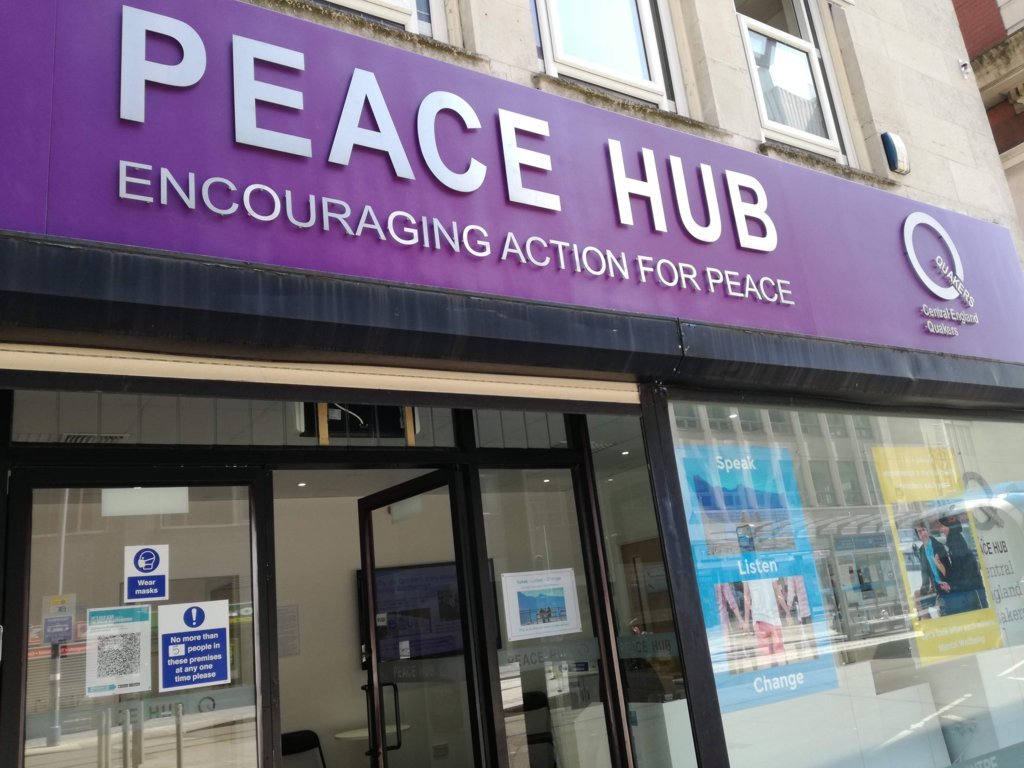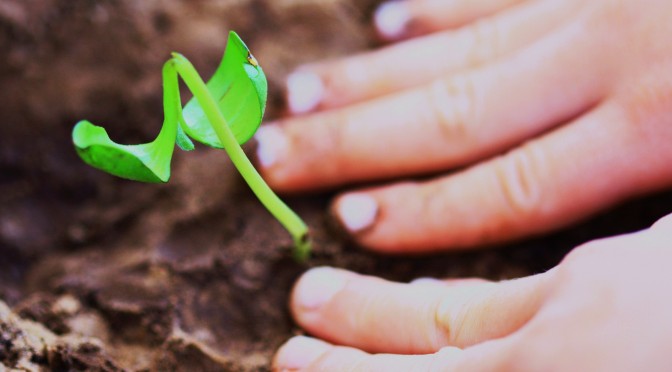During this time of lockdown, many people have been reflecting on what it all means for the environment, and for climate action.
The public response to the Covid-19 crisis has shown that individuals, organisations and governments are willing to make significant and rapid changes when faced with a major threat.
Can this translate into climate action? As we recover from this upheaval, can we build a new normal that is more sustainable?
This is a round-up of different perspectives on these questions:
For many of us, one of the most noticeable changes to our immediate environment is a reduction in traffic. Air pollution levels have dropped significantly as fewer people commute, and people reconsider whether car journeys are really necessary. Many people have rediscovered walking and cycling as means of getting around – and some cities are taking steps to make more space for these modes of active travel. Can these be translated into permanent infrastructure to support active travel? At the same time, having gotten used to physical distancing measures, many people are feeling reluctant about returning to public-transport when lockdown is eased. How can a ‘rush back to cars’ be avoided?
Changes in how we travel go hand in hand with rethinking how we connect with one another. Opening up space for pedestrians and cyclists can also create more space for communities to encounter one another. Whilst maintaining physical distancing, many of us have connected with neighbours, and found purpose in small acts of kindness towards others. Many have also renewed our appreciation for local green-spaces and increased support for corner shops and other small businesses. Balanced against this is an instinct to bunker down, and to become judgemental of others, assuming the worst of anyone who appears to not be following the rules. How can we build on the sense of community that has emerged, and rebuild our infrastructure to better support it?
All of the above relates to how we allocate and care for land. Food production and managing of resources such as timber need to be balanced against supporting biodiversity and increasing tree-cover. How we produce energy is another big question – with polluting industries calling for bailouts and subsidies to survive the current crisis, will government support be tied to environmental action?
Meanwhile, everyone is discovering ways to connect at a physical distance, with more flexible ways of working and new remote versions of leisure activities. Similarly for activists, the trend towards online campaigning has been accelerated by the current crisis. The opportunity to connect with people around the world, and an increased awareness that both Covid-19 and Climate Change intersect with existing inequalities, has brought climate justice to the fore. The short-term environmental improvements that have come about due to lockdown do not represent a just transition, and none of us would wish for environmental improvements to come at a cost of so many lives. How can we move to a new way of living that upholds both people and planet?
These are big questions to which there are no easy answers. One thing is certain however – we will come out of the current crisis as a changed society, and the new normal will be shaped by all of us.
Although Peace Hub is not physically open, we’d still love to hear your ideas and thoughts – add a comment below, or get in touch by email, or on social media.
Photo: Pink Sherbert Photography CC-BY-2.0


